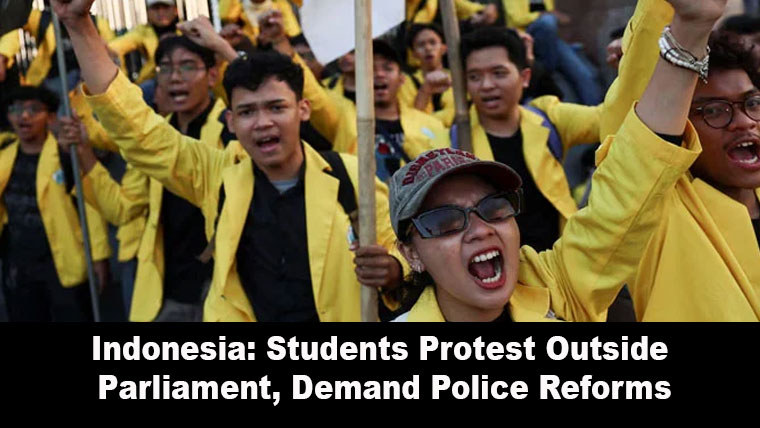New Delhi (Tassawar News) Allegations of electoral fraud involving Indian Prime Minister Narendra Modi have sparked a major political controversy, raising serious questions over the transparency and integrity of the country’s democratic process.
According to reports from investigative journalists and whistleblowers, irregularities were uncovered in the recent elections that suggest large-scale manipulation of voter rolls, tampering with electronic voting machines (EVMs), and misuse of government resources to influence outcomes in favor of the ruling Bharatiya Janata Party (BJP).
Opposition parties have seized on the revelations, calling them “a direct attack on India’s democracy.” Several leaders have demanded the immediate resignation of Modi and the formation of an independent judicial commission to investigate the allegations. “This is not just about one party or leader — this is about saving the very soul of Indian democracy,” said a senior opposition figure.
Civil society groups and election watchdog organizations have also expressed alarm, with many urging the Election Commission of India to explain how such alleged irregularities could occur under its supervision. Critics argue that recent changes to election laws, as well as the centralization of election oversight, have weakened safeguards against manipulation.
The BJP has strongly rejected the allegations, labeling them as “baseless and politically motivated,” claiming the opposition is attempting to discredit the government after failing to secure voter support.
International observers are closely watching the developments, as India is often held up as the world’s largest democracy. Any confirmed evidence of widespread electoral fraud could tarnish its global image and undermine trust in its political institutions.
As protests break out in several cities, analysts warn that the controversy could escalate into a prolonged political crisis unless a transparent and credible investigation is carried out.



